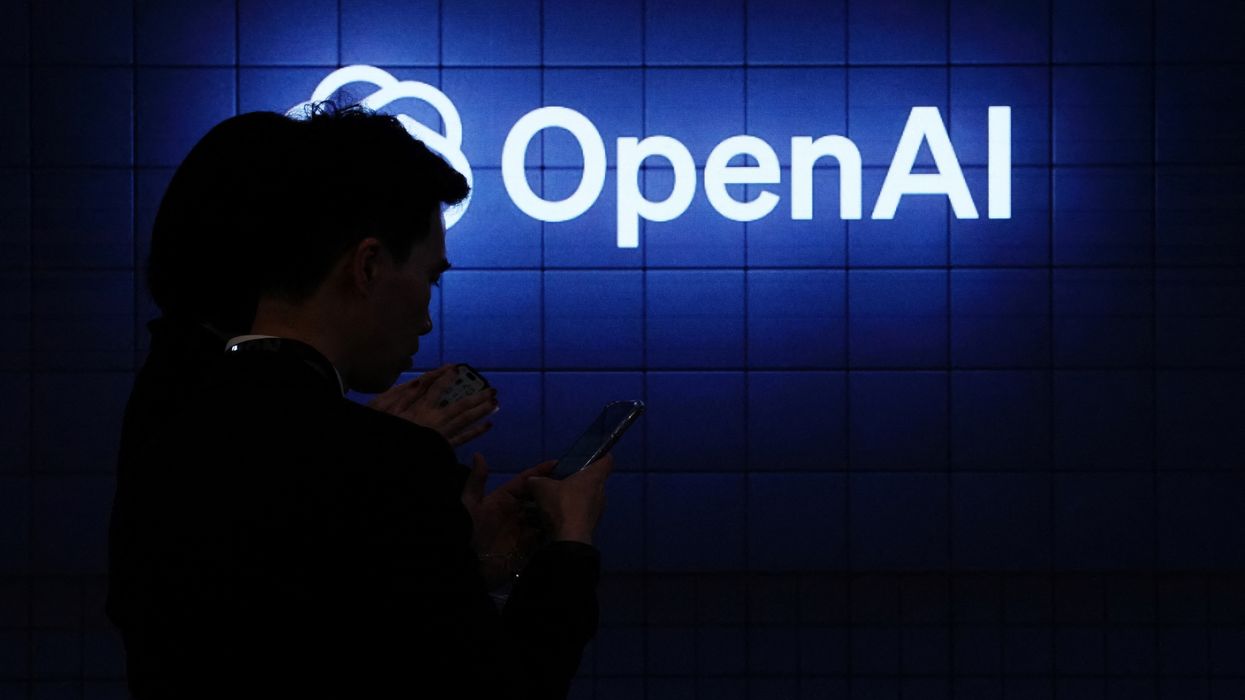INDIA’S top Bollywood music labels, including T-Series, Saregama, and Sony, seek to join a copyright lawsuit against OpenAI in Delhi over concerns of improper use of recordings to train AI models.
Microsoft-backed OpenAI’s legal challenges are mounting globally and in India, its second biggest market by users. But the firm said it follows fair-use principles in employing publicly available data to build its models.
Earlier this month, the Indian Music Industry (IMI) group, T-Series and Saregama India asked a Delhi court to hear concerns about “unauthorised use of sound recordings” in training AI models that breaches copyright.
The companies’ contentions in the lawsuit “are crucial for the entire music industry in India, and even worldwide,” they said in their filing, which is not public but was reviewed by Reuters.
OpenAI and the music labels did not respond to requests for comments on February 14.
The music labels want to join a lawsuit launched last year by Indian news agency ANI that accused OpenAI’s ChatGPT application of using its content without permission to train AI models.
Since then, book publishers and media groups, some backed by billionaires Mukesh Ambani and Gautam Adani, have banded together to oppose the firm in the court.
On its website, the IMI group says it also represents global names such as Sony Music and Warner Music. (Reuters)




